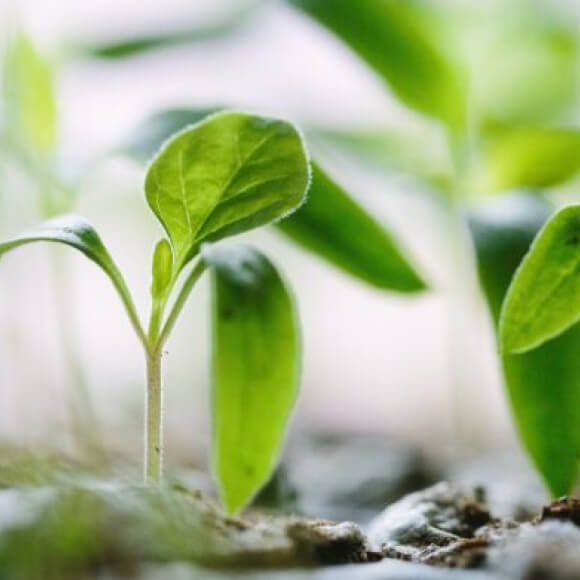Much more than trivia!
Inspired by the popular De Nationale Wetenschapsquiz in The Netherlands, Australiaʼs National Science Quiz covers all areas of science with approximately 40 thought-provoking questions to test your knowledge and skills.
Watch our teams go head to head, to solve challenging and fun scientific problems using reasoning, knowledge, and perhaps a lucky guess or two!
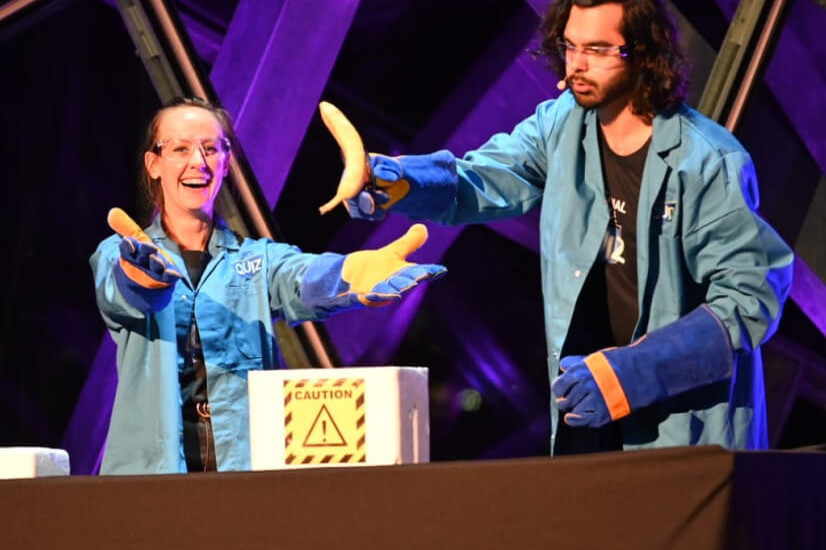
Contestants
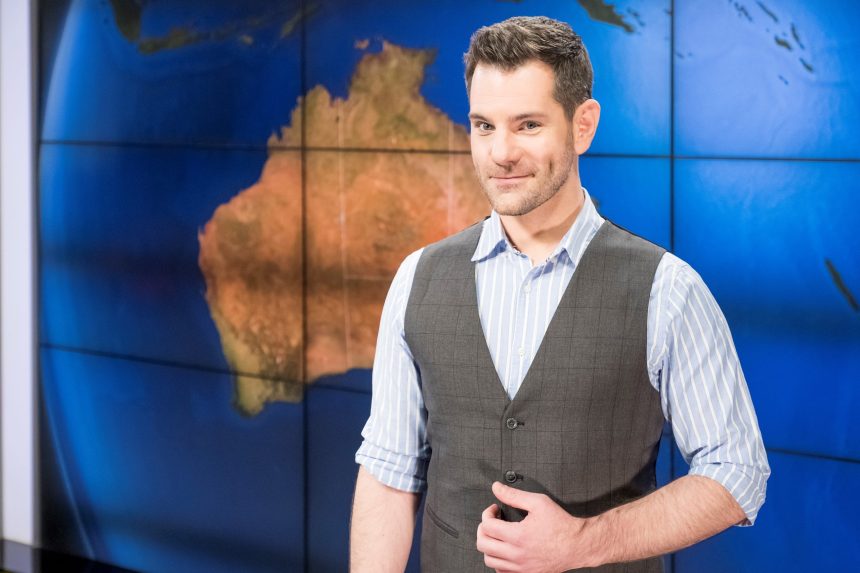
Hosted by ABC TV’s weather wiz, Nate Byrne, this year’s panellists are a stellar cast!
Eco-warrior Lee Constable and CSIRO space communicator and STEM comedian Rachel Rayner will lead the charge as team captains.
Our panel of brainy superstars ready for a showdown include a super fly guy, a diamond-glowing physicist, an Indigenous tech guru and a TikToking cosmic adventurer.
Who's behind the National Science Quiz?
The Australian Research Council Centre of Excellence for Mathematical and Statistical Frontiers (ACEMS) were the driving force behind the first National Science Quiz in 2016. Since then, it has become a flagship event on the Australian scientific calendar and part of the annual National Science Week – attracting thousands of competitors around the country. This year’s Quiz is hosted by CSIRO – Australia’s national science agency.
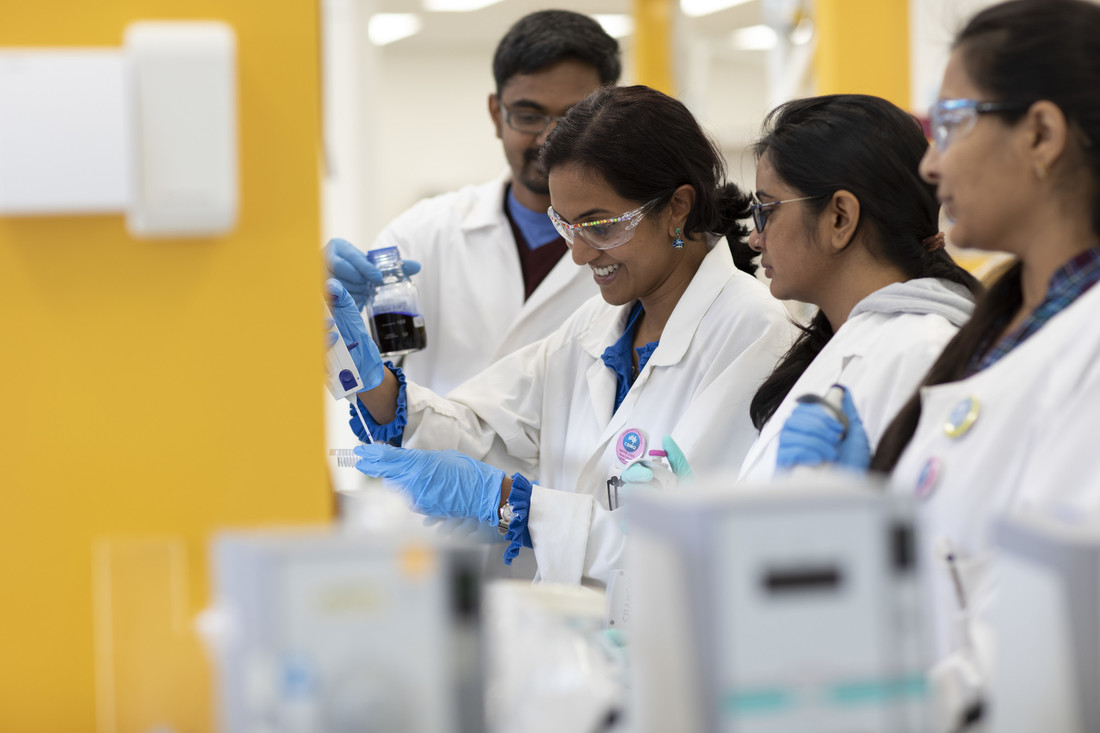
Quiz Partners and Sponsors
Australia’s national science agency
CSIRO
As Australia’s national science agency, we solve the greatest challenges through innovative science and technology.
We are thinkers, problem solvers, leaders. We blaze new trails of discovery. We aim to inspire the next generation.
CSIRO. Creating a better future for Australia.

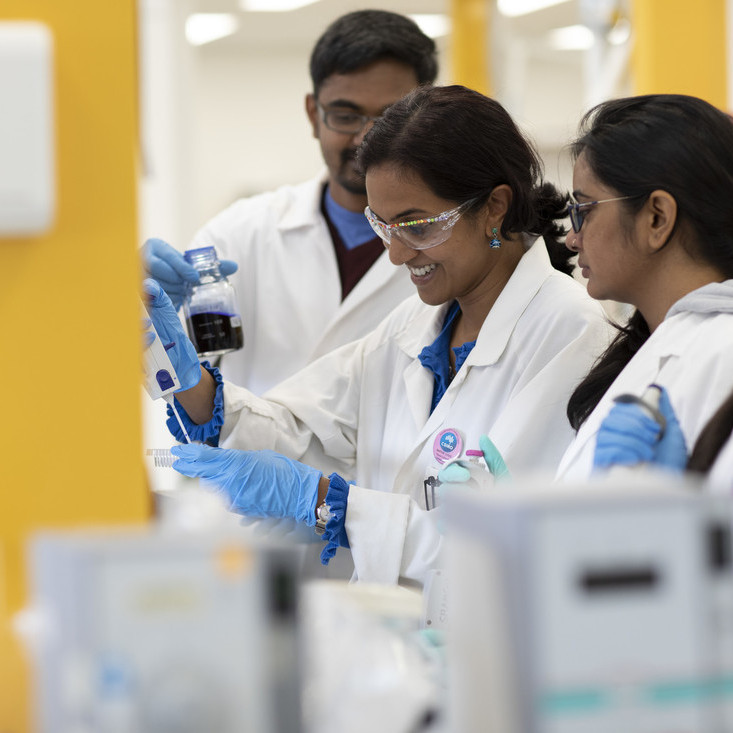
National science and technology centre
Questacon
At Questacon, we strive to engage all Australians with science, technology and innovation. We’re actively building a better future through interactive, relevant and fun experiences in our centres, on the road and online. We connect communities across Australia with STEM opportunities through place-based sustainable collaboration. We’re focused on building our network of locally led STEM learning ecosystems into the future so Australians can access Questacon – wherever they are.

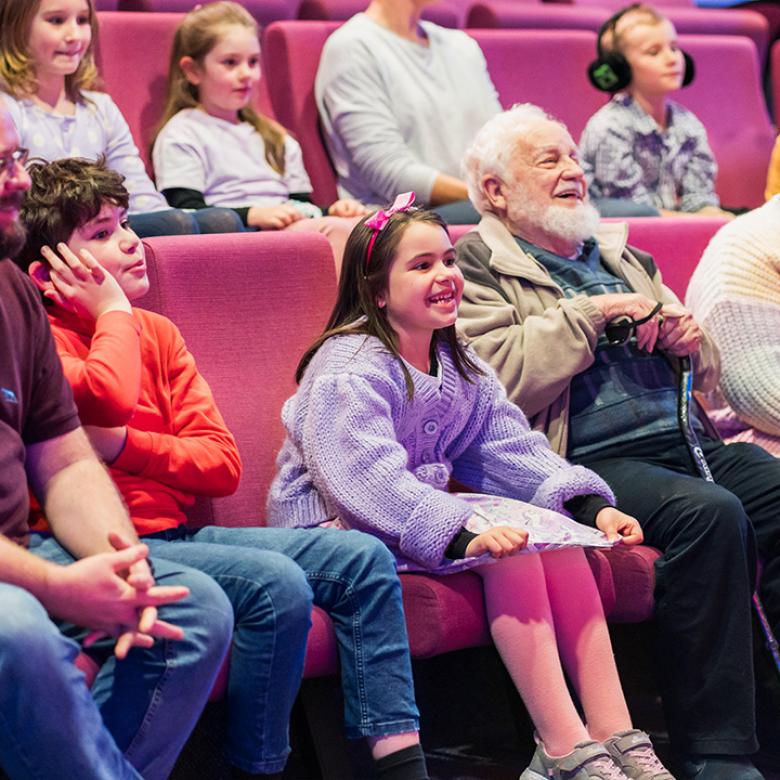
CSIRO’s science magazine for kids
Double Helix
The Double Helix team is part of CSIRO Publishing and has a long-standing reputation for delivering expertly written, fascinating and fun science material for young people. Double Helix magazine is designed to foster an interest in science, technology, engineering and maths (STEM). We aim to make it an easy, fun read for people, whether they are already interested in science or not.

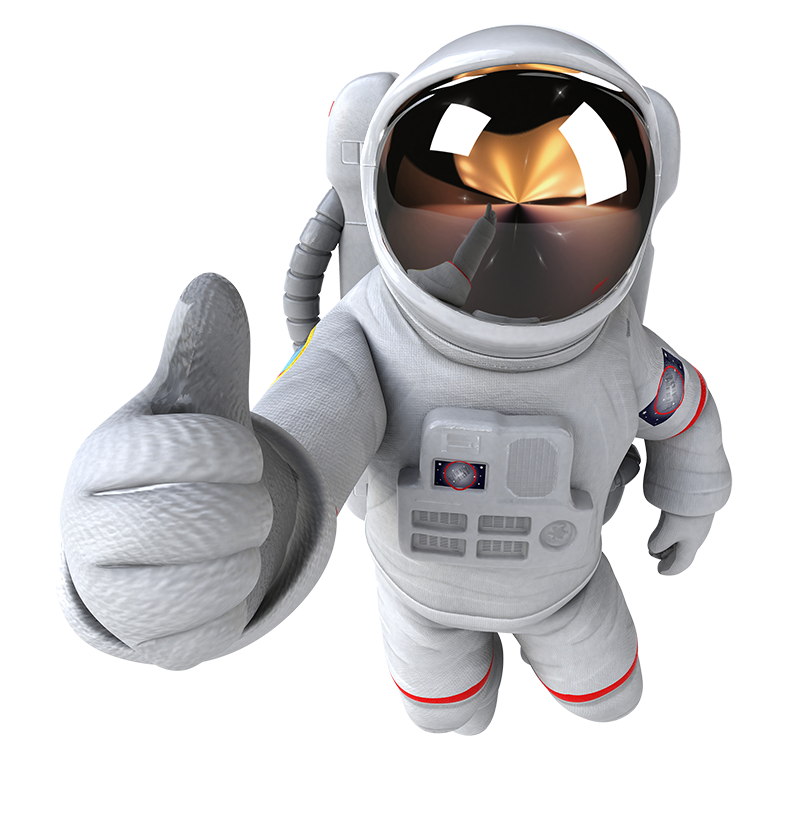
Engineering our quantum future
ARC Centre of Excellence for Engineered Quantum Systems (EQUS)
The EQUS mission is to engineer the quantum future by building quantum machines that harness the quantum world for practical applications. Working with partners in industry to translate our discoveries into practical applications and devices, EQUS are solving the most challenging research problems at the interface of basic quantum physics and engineering – as well as training a new generation of scientists in cutting-edge research, innovation and entrepreneurialism.


Bringing brilliant and creative minds together
MATRIX
As Australiaʼs leading residential research institute for mathematical sciences, MATRIX brings brilliant and creative minds together to deepen mathematical knowledge, initiate collaborations and stimulate innovative thinking. Since 2016, MATRIX has stimulated international collaborations through over 150 weeks of residential research programs across the spectrum of mathematical sciences, attracting over 1800 scientists from 47 countries.


Taking care of what nature does best
ARC Centre of Excellence for Synthetic Biology (CoESB)
For thousands of years we have used microbes to create bread, wine and cheese. Now synthetic biology goes one step further, engineering ways to convert biomass from agriculture or waste streams to biofuels, bio plastics and other high-value chemicals. CoESBʼs goal is to provide 21st century solutions to global agricultural, food production, manufacturing, healthcare and environmental challenges.

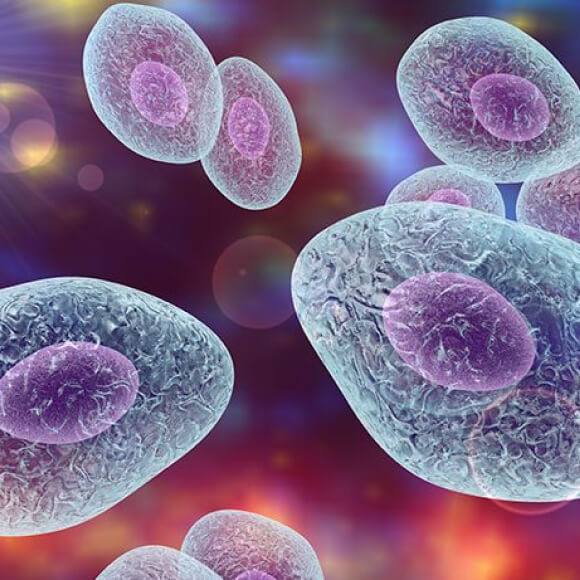
Advancing electronics for a decarbonised world
ARC Centre of Excellence in Future Low-Energy Electronics Technologies (FLEET)
FLEET addresses a grand challenge: reducing the energy used in information technology, which now accounts for 8% of all electricity used on Earth. As the world decarbonises and renewable energy sources become the norm, FLEET is ensuring Australia is at the forefront of the new scientific fields of topological electronics, atomically thin materials, exciton condensates, and non-equilibrium phenomena.

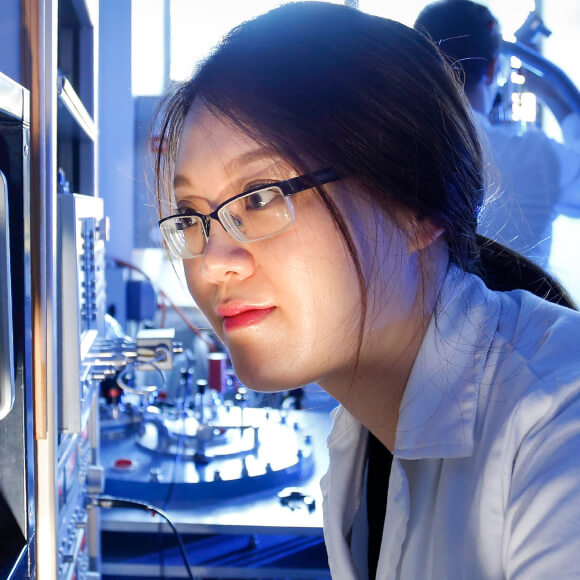
The world needs plant success
ARC Centre of Excellence for Plant Success in Nature and Agriculture
Global demand for plant production is at an all-time high, but climatic changes and decreasing arable land threaten our ability meet the growing needs of our population. The CoE for Plant Success in Nature and Agriculture are developing tools and strategies to improve the productivity of plants and their resilience to heat and drought.

